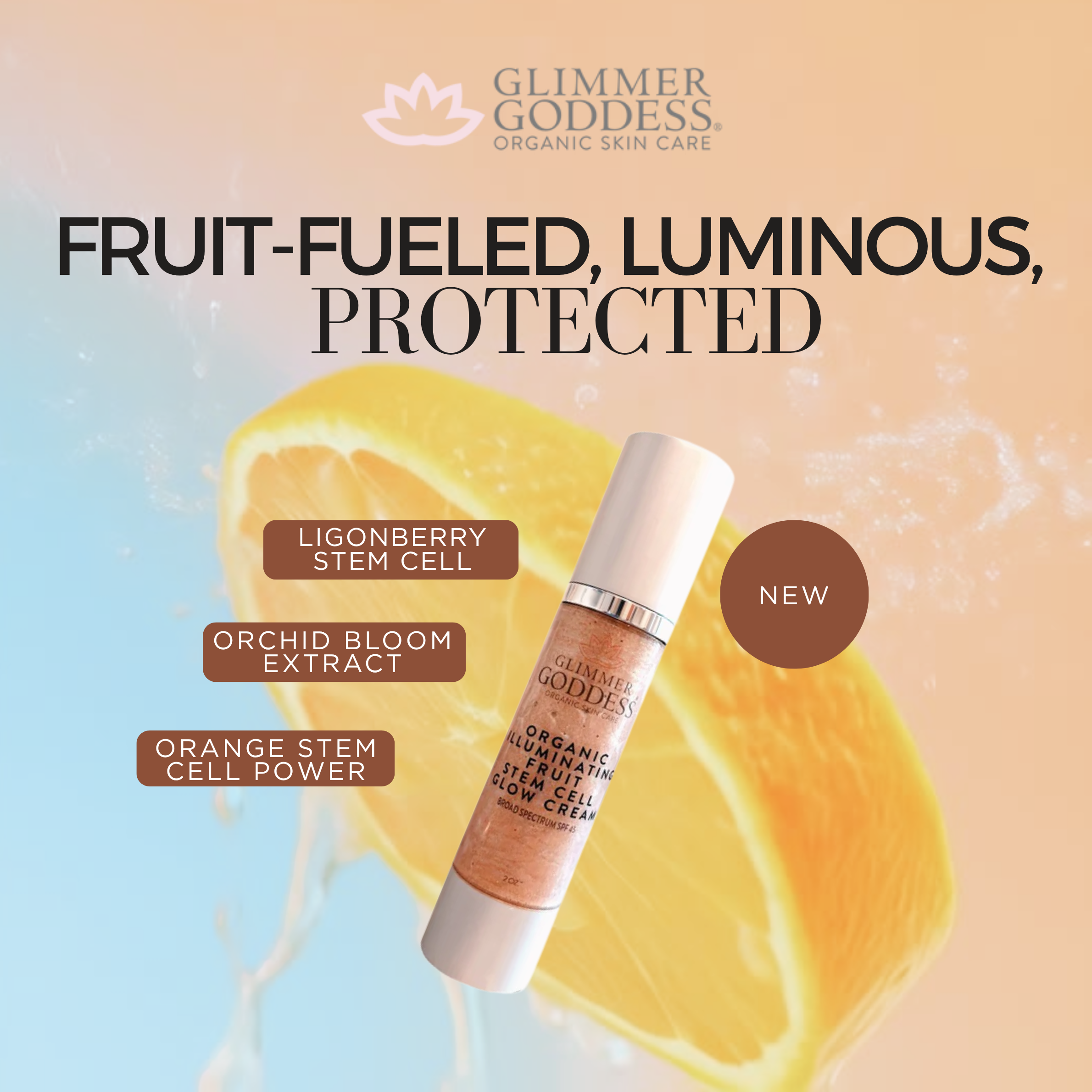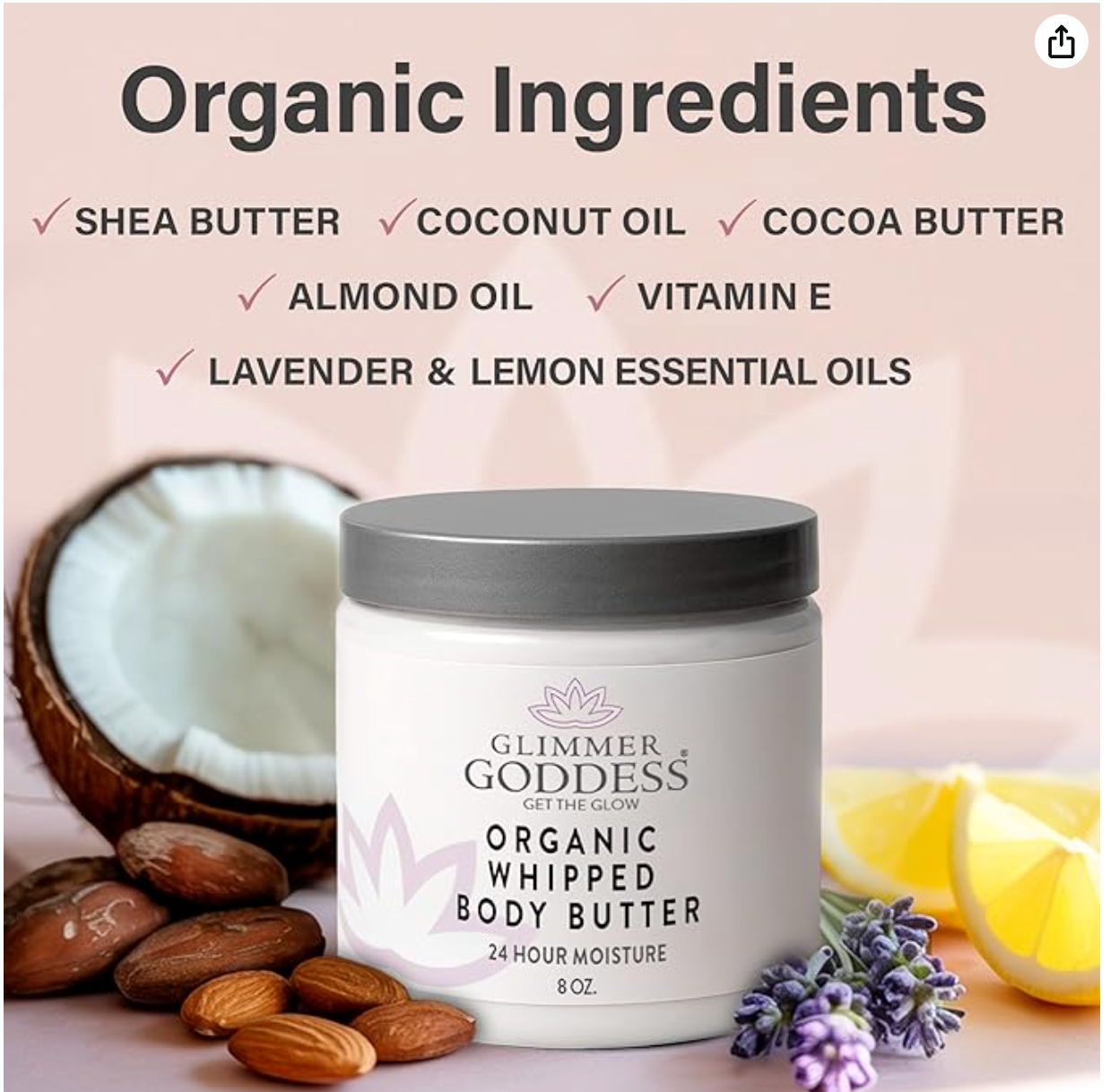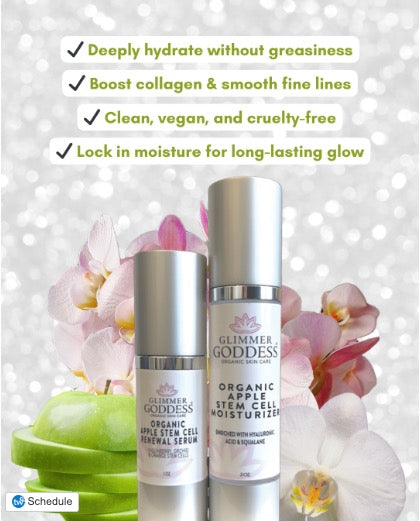
Organic Illuminating Fruit Stem Cell Glow CC Cream — Guide
Everything you need to know about CC creams (and how to choose the right one)
What is a CC cream?
CC stands for "Color Correcting" or "Complexion Corrector." A CC cream combines light coverage that evens skin tone with skincare benefits like hydration, sun protection, and active ingredients that treat concerns over time. Think of it as a hybrid between skincare and makeup—lighter than foundation, more corrective than a tinted moisturizer.
CC cream vs BB cream vs DD cream
Brands and marketing blur the lines, but here are the practical differences:
- BB cream (Beauty Balm): Focuses on moisture, light coverage, and a natural finish. Usually best for dry skin or no-makeup days.
- CC cream (Color Correcting): Designed to even out redness or sallowness with slightly more corrective pigments and skincare actives (antioxidants, peptides, SPF).
- DD cream (Dynamic Do-it-all): A newer term used by some brands that claims to combine anti-aging properties, SPF and more coverage. Essentially a marketing variant—check ingredient lists to compare real benefits.
How to evaluate CC creams (what a good "CC cream test" covers)
If you're trying to pick the best CC cream, compare these criteria in a quick at-home test:
- Coverage & finish: Does it neutralize redness, even tone, and match your undertone?
- Wear time: Test over 6–8 hours to see if it separates, pills, or fades.
- Hydration: Does your skin feel comfortable or tight? Look for humectants and peptides for lasting hydration.
- Sun protection: Check the SPF and whether the product is broad-spectrum. Higher SPF is better for daily use.
- Ingredient profile: If you want skincare benefits, look for antioxidants, peptides, plant stem cells, and non-comedogenic oils.
- Finish options: Matte, dewy, or illuminating—choose based on skin type and preference.
Popular brands and where to buy
Major cosmetics brands such as L'Oréal offer well-known CC creams that are widely available at drugstores and beauty retailers. In some countries, chains like Rossmann carry value and mid-range CC creams. When you compare brands, focus less on the label and more on SPF, ingredients, and finish.
Why reef-safe SPF matters (and how it relates to CC creams)
If you spend time in the sun or near marine environments, choosing reef-safe sunscreens helps protect coral reefs from harmful chemicals. Many modern CC creams include chemical or mineral filters—look for "reef-safe" claims if ecological impact matters to you. A CC cream with at least SPF 30+ is suitable for daily protection; SPF 45 gives extra coverage for longer exposure.
Application tips for a flawless finish
- Start with clean, moisturized skin. Even if the CC cream contains hydrating ingredients, a light moisturizer helps with blending.
- Use a small amount and blend outward: fingers, sponge, or a dense brush all work—apply more if you need extra coverage.
- Set only where needed: a dusting of translucent powder on the T-zone helps longevity without flattening luminosity.
- Layer concealer over the CC cream for localized coverage rather than applying thicker product everywhere.
- Reapply sunscreen as recommended if you’ll be in direct sun—tinted products with SPF are not a substitute for reapplication.
What to look for in an illuminating CC cream
If you prefer a luminous finish, seek formulas with ultrafine light-diffusing pigments (pearls or mica) and hydrating peptides. These give skin a soft glow without emphasizing texture—especially when combined with smoothing peptides and moisturizing extracts.
When to choose a more active CC cream
Choose a multifunctional CC cream if you want daily coverage plus skin improvement over time. Ingredients to favor include:
- Peptides (for hydration and reduced fine lines)
- Plant stem cells and antioxidants (for repair and brightening)
- Algae and botanical extracts (for hydration and skin barrier support)
- Broad-spectrum, reef-safe SPF
Recommendation
For an all-in-one approach—color correction, visible radiance, peptides for hydration, plant stem-cell benefits, and reef-safe SPF 45—consider trying
. It’s a good choice when you want light coverage with skincare-grade actives and a luminous finish.Quick FAQ
Can CC cream replace sunscreen?
Only as long as the product has broad-spectrum SPF and you reapply according to sun-exposure recommendations. For prolonged sun exposure, apply a dedicated sunscreen over or under your tinted product as directed.
Are CC creams good for oily skin?
Yes—look for oil-free, non-comedogenic, or mattifying formulations. Even illuminating CC creams can work for oily skin if balanced with lightweight hydrators and a setting powder on oily zones.
Do CC creams provide anti-aging benefits?
Many modern CC creams include peptides, antioxidants, and active botanicals that help with hydration, fine lines, and brightness over time. Check ingredient lists for clinically supported actives if anti-aging is a priority.
If you follow the guidance above—test coverage, check SPF, and evaluate active ingredients—you’ll find a CC cream that both flatters your complexion and supports long-term skin health.




